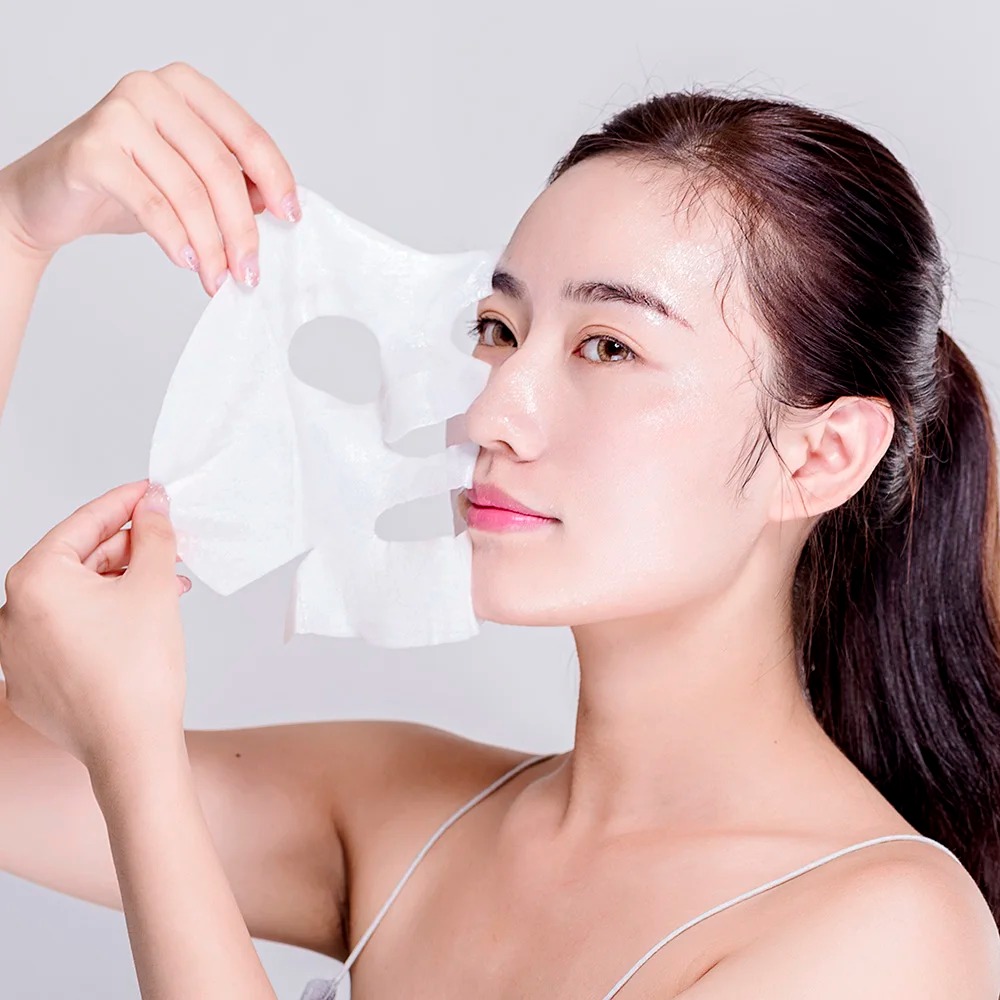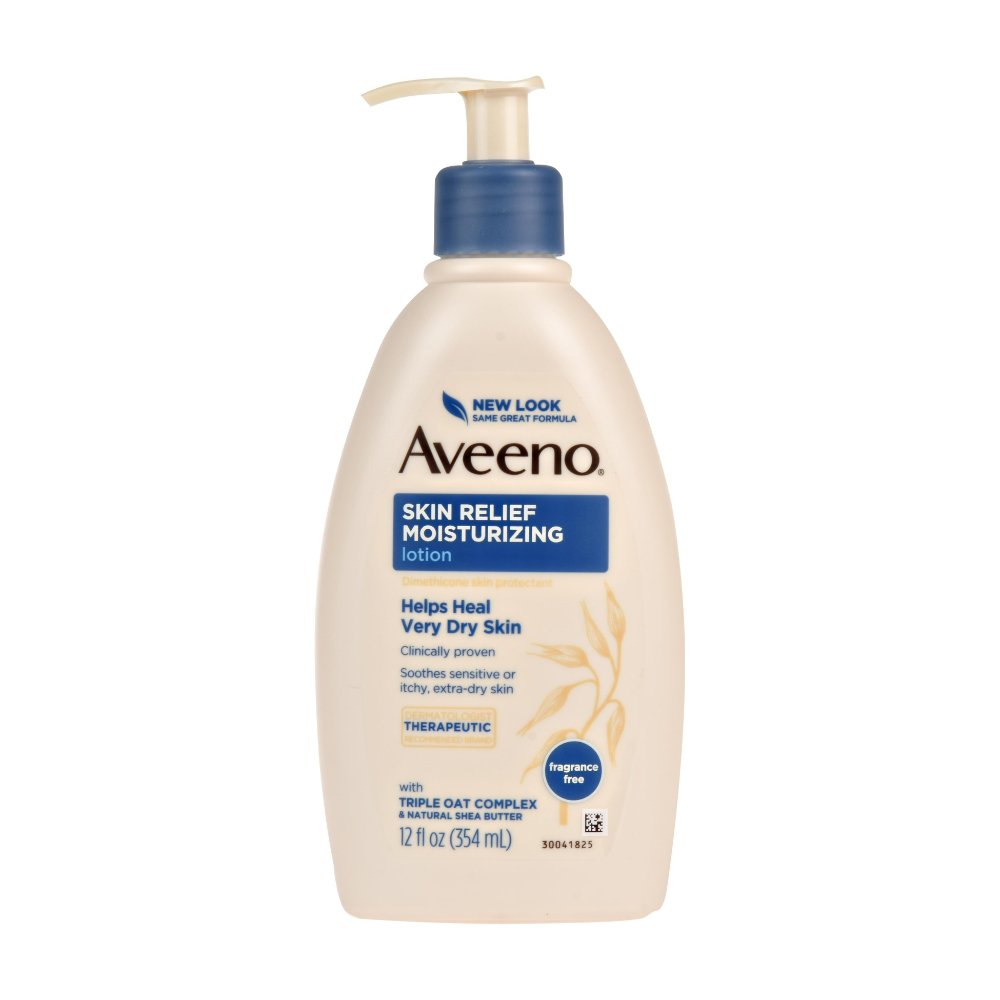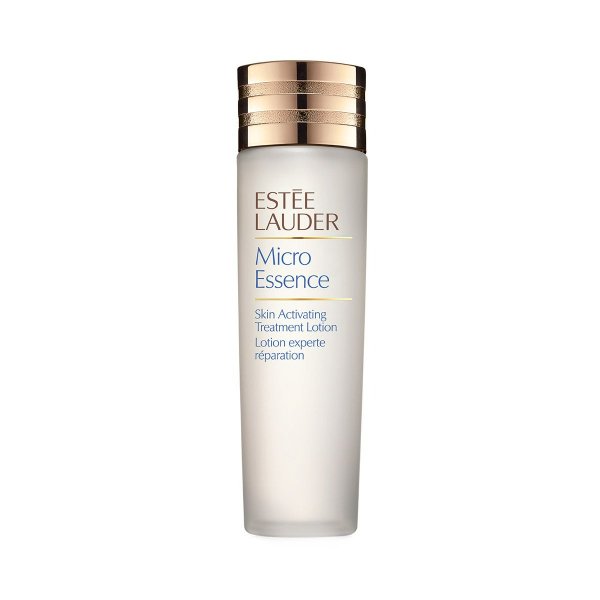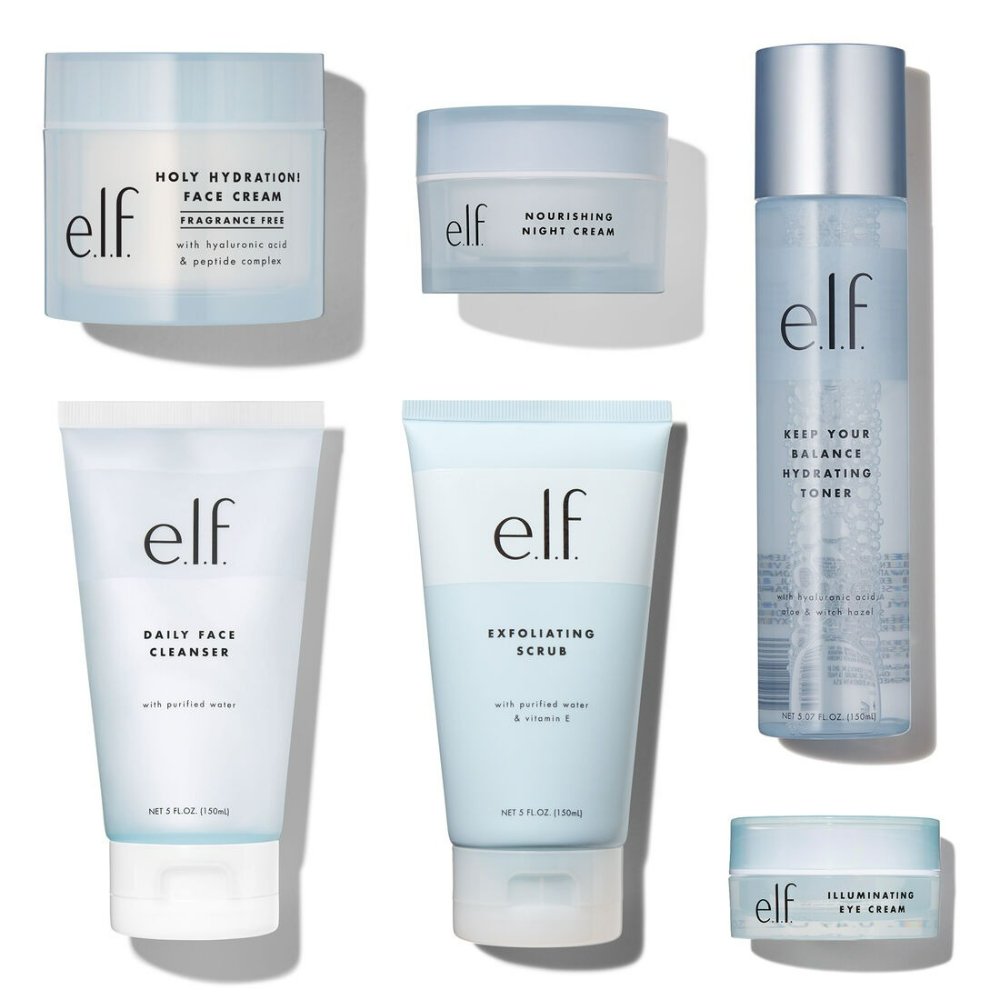Introduction to Skin Care Treatments
Taking care of your skin is vital for your overall health and well-being. Skin care treatments can help you maintain a clear, vibrant complexion. They can also tackle specific skin issues you may face. From cleansing regimes to anti-aging solutions, treatments vary widely. It’s crucial to pick the right one for your skin type and concerns.
Skin care treatments come in many forms. These range from over-the-counter creams to professional procedures. Each method serves a unique purpose. Some aim to hydrate dry skin. Others target blemishes, fine lines, or pigmentation issues. Knowing which treatment works best can be a challenge. It often involves understanding the active ingredients and how they affect the skin.
Starting a skin care routine is the first step. Begin with the basics: cleansing, moisturizing, and applying sunscreen. These daily steps can protect your skin from harm. They form the foundation of any good skin care treatment plan. As you progress, you may incorporate targeted treatments. These could include serums, exfoliants, or masks.
When considering skin care treatment options, it’s essential to think about your lifestyle, diet, and environment. They all play a part in your skin’s condition. Products and treatments can only do so much. It’s the combination of good habits and the right treatments that truly revolutionizes your skin.

The Importance of Professional Consultation
Seeking advice from a skin care professional is key. They help you understand your skin better. A consultation can lead to a precise diagnosis. This ensures you get the treatment right for you. Skincare is not one-size-fits-all. Each person’s skin has unique needs and issues. A professional can tailor a plan to your skin’s specific conditions.
During a consultation, a skin expert will assess your skin type. They also look at your lifestyle and skin concerns. They can then recommend suitable skin care treatments. These could range from products to in-office procedures. Professionals stay updated on the latest advances. So, they can provide the best options available.
A consultation can also help you avoid common pitfalls. Many over-the-counter treatments promise quick fixes. However, without professional guidance, you might not see the desired results. Experts can also provide tips on maintaining healthy skin post-treatment.
In summary, a professional consultation is vital. It ensures you choose the right skin care treatment for your unique skin needs. They guide you through the process. This results in a personalized, effective skin care routine.
Common Skin Care Problems and Solutions
Many people encounter a range of skin issues. These can include acne, dryness, and signs of aging like wrinkles.
Acne: Causes and Treatment
Acne is common among teenagers and adults. It usually happens when pores get clogged with oil and dead skin cells. Key solutions include using salicylic acid washes, benzoyl peroxide creams, and retinol. In severe cases, a dermatologist might suggest prescription medication.
Dry Skin: Hydration and Care
Dry skin requires a boost in hydration. This often involves using thick moisturizers and hydrating serums. It is also important to drink plenty of water and avoid harsh skin products.
Wrinkles and Aging: Prevention and Management
To delay signs of aging, use sun protection daily and incorporate antioxidant-rich products like Vitamin C. Treatments such as retinoids and peptides can also help to rejuvenate the skin.
Hyperpigmentation: Even Skin Tone Strategies
Dark spots or uneven skin tone are treatable with ingredients like hydroquinone and niacinamide. Chemical peels and laser therapy are professional options to consider.
Sensitive Skin: Gentle Approach
For sensitive skin, use gentle, fragrance-free products. It’s essential to avoid ingredients that can cause irritation or allergic reactions.
Choosing the right skin care treatment for these common problems is a personal journey. It often requires trying different products to see what works best for your skin type. Professional advice is valuable to avoid wasting time and money on ineffective solutions.

Latest Advances in Skin Care Technology
The skin care industry is always evolving, introducing groundbreaking technologies that further enhance our skin care routines. Innovations range from smart devices that analyze skin health to advanced formulas in topical treatments. Here’s a look at some of the most exciting advancements.
High-Tech Skin Analysis Tools
Dermatologists and beauty brands now use devices that offer in-depth skin analysis. They measure moisture levels, wrinkles, and even UV damage. Some tools connect to apps, allowing users to track changes over time.
Customized Skin Care Products
The trend towards personalized skin care is growing. Companies are creating products tailored to your DNA and environmental factors. This means treatment that’s perfect for you, not just the average user.
Advanced Treatment Devices
At-home devices such as LED masks and microcurrent tools are gaining popularity. They offer spa-quality results by targeting issues like acne and signs of aging.
Breakthrough Ingredients
Researchers are developing new ingredients that deliver better results. Peptides, growth factors, and stem cells are just a few examples that promise rejuvenated skin.
Augmented Reality (AR) in Skin Care
Brands use AR to help customers find the right products. With a smartphone, you can see how a product or color might look on your skin before buying.
Embracing these technologies can significantly improve your skin care treatment outcomes. As you explore these options, remember to consult with a professional to get the most benefit for your skin type and concerns.

Natural vs. Chemical Treatments: Pros and Cons
Choosing between natural and chemical skin care treatment can be challenging. Each type has its own set of benefits and drawbacks. If you’re weighing your options, consider the following points.
Pros of Natural Treatments
Natural skin care treatments often use ingredients found in nature, like plant extracts and oils. These components are generally recognized as safe and gentle for the skin. Here are some advantages:
- Less Likely to Irritate: Natural ingredients can be kinder on sensitive skin, reducing the risk of irritation.
- Environmentally Friendly: Sourced from nature, these treatments tend to have a smaller environmental footprint.
- Holistic Approach: They may fit into a broader wellness lifestyle, aligning with holistic health practices.
Cons of Natural Treatments
However, natural solutions aren’t without their downsides. Some factors to keep in mind include:
- Variable Potency: Natural ingredients can vary in strength, leading to inconsistent results.
- Allergic Reactions: Just because it’s natural doesn’t mean it’s allergen-free; natural compounds can cause allergies too.
- Limited Research: Some natural remedies lack thorough scientific research to back their efficacy.
Pros of Chemical Treatments
Chemical skin care treatments are developed in labs and may include synthesized ingredients. Their advantages often include:
- Potency and Precision: They can offer strong, targeted solutions for specific skin concerns.
- Scientific Support: Chemical treatments are usually backed by extensive research and clinical trials.
- Faster Results: These treatments can sometimes produce quicker and more visible outcomes.
Cons of Chemical Treatments
On the flip side, there are some potential negatives to chemical treatments:
- Skin Irritation: High concentrations of active ingredients can cause redness or peeling, especially for sensitive skin.
- Synthetic Additives: Some people prefer to avoid synthetic preservatives or fragrances.
- Environmental Concerns: Chemical production and by-products can impact the environment negatively.
When selecting a skin care treatment, consider your skin type, any sensitivities, and your personal values. Whether you opt for natural or chemical treatments, align your choice with your skin’s unique needs and health. Always consult with a skin care professional before starting any new treatment regimen.
Step-by-Step Guide to a Personalized Skin Care Routine
Crafting a skin care routine tailored to your needs is more art than science. Yet, with the right steps, you can build a regimen that brings out the best in your skin. Here’s how to do it:
- Identify Your Skin Type: Is your skin oily, dry, combination, or sensitive? Recognizing your skin type is crucial. It directs your product choices.
- Understand Your Skin Concerns: Acne, wrinkles, pigmentation — what issues do you want to address? This knowledge guides the treatments you’ll select.
- Gentle Cleansing: Begin your routine with a gentle cleanser. It should match your skin type to start your routine on the right note.
- Toning: A good toner can rebalance your skin’s pH. It preps your skin for further treatment.
- Serums and Treatments: Here is where personalized care comes in. Choose serums that target your specific issues, like vitamin C for brightening.
- Moisturizing: Hydration is key. Use a moisturizer that works with your skin type for a balanced effect.
- Sun Protection: Always finish with sunscreen. It protects against UV damage, a leader in skin aging.
Repeat these steps daily. Consistency is the secret to seeing results. Make tweaks as your skin responds or as seasons change. But remember, skin care treatment is not sprinting; it’s a marathon. Allow time for products to show their benefits.
If you are trying products or treatments for the first time, proceed with caution. Always patch-test new items to check for reactions. And as we’ve emphasized, seek a professional’s advice if you’re unsure. Your skin’s uniqueness means your path to radiance is yours alone. Embrace it with confidence and patience.
Evaluating Results: When to Expect Changes
Starting a new skin care treatment can be exciting. It’s natural to want fast results. Knowing when to expect changes helps set realistic goals. It’s key to not rush the process. Here is what to keep in mind.
Initial Adaptation
Your skin needs time to get used to new products. This period can last a few days to a couple of weeks. Watch for any signs of redness or discomfort. If they don’t settle, consult a professional.
Short-Term Changes
Some treatments give quick fixes. You might see softer or brighter skin in days. But these are often surface-level changes. Don’t judge a product’s full potential yet.
Long-Term Results
Most skin care treatments need more time. This is true for reducing acne, wrinkles, or dark spots. Give products at least four to six weeks. This is how long it takes your skin to renew itself. Patience is essential during this stage.
Monitoring Progress
Take photos to track your skin’s progress. Comparing images weekly can show gradual improvements. Try to keep the lighting and angle consistent.
Adjustments and Professional Advice
If you see no change after several weeks, it may be time to adjust. A skin care professional can suggest tweaks to your routine. They also help decide if you should stick with the treatment or try something new.
In conclusion, skin care treatments work at different speeds. Your skin type and concerns also play a role. Remember to give treatments time to work. Consult a professional if you’re unsure about your results. With the right approach, you can achieve the desired changes for your skin.
Maintaining Healthy Skin: Tips Beyond Treatment
While skin care treatments play a vital role, maintaining healthy skin extends beyond products and procedures. Consider these tips to ensure your skin stays in top condition.
- Adopt a Balanced Diet: Fuel your skin with foods high in antioxidants, vitamins, and minerals. These range from leafy greens to berries and nuts.
- Stay Hydrated: Drinking enough water is essential for skin hydration. Aim for at least 8 glasses a day.
- Get Enough Sleep: Sleep is when your skin repairs itself. Make sure you get 7-9 hours each night.
- Manage Stress: Stress can trigger skin problems like breakouts. Try stress-reduction techniques like yoga or meditation.
- Exercise Regularly: Physical activity boosts circulation, which is good for skin health.
- Avoid Smoking and Limit Alcohol: Both can age your skin prematurely.
- Be Gentle: Use mild, fragrance-free products and avoid over-scrubbing or exfoliating too frequently.
- Clean Your Phone and Pillowcases: They can harbor bacteria, which may lead to skin issues.
Making these practices a part of your lifestyle works in harmony with your skin care treatment plan. For radiant skin, balance the effects of treatment with healthy living habits. Remember, good skin health is as much about how you treat your skin from the inside as it is about what you apply on the outside.
